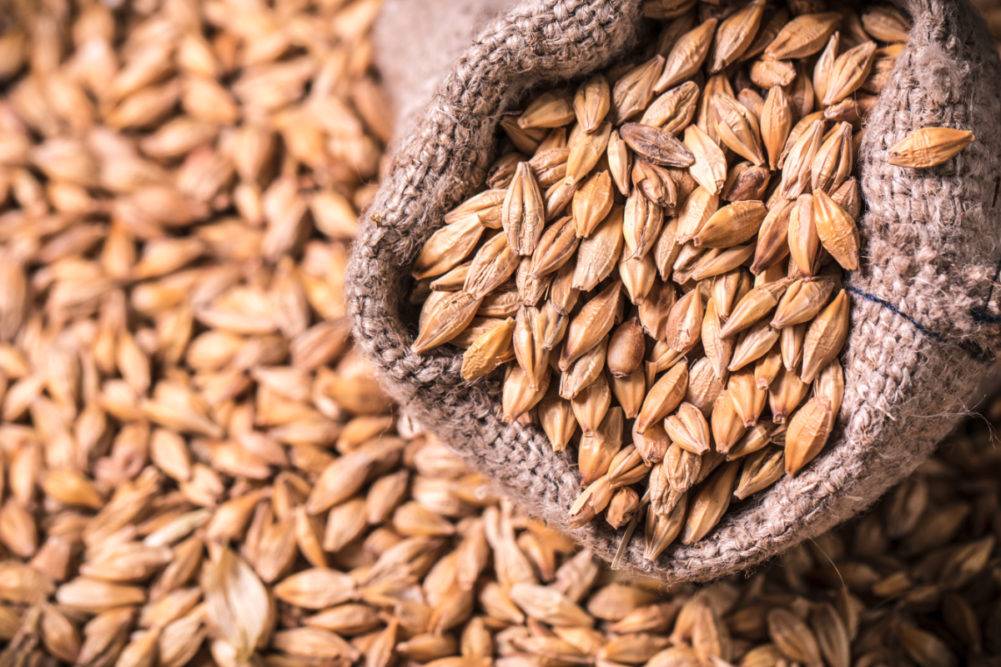WEST PERTH, AUSTRALIA — The CBH Group’s first shipment of certified sustainable malting barley departed Western Australia as part of the co-operative’s pilot program to create sustainably sourced products.
About 27,300 tonnes of malting barley accredited through the International Sustainability and Carbon Certification (ISCC) scheme were shipped from CBH’s Albany Grain Terminal bound for Vietnam.
CBH Marketing and Trading sold the cargo to Interflour Group’s Intermalt malting facility, located at the Cai Mep Port, south east of Ho Chi Minh City, Vietnam.
CBH implemented the ISCC scheme in 2010 to sell Australian canola into the European Union (EU) biofuel market and meet the customer preference for sustainably grown canola.
In October 2019, CBH announced plans to extend the program to develop a new sustainable malting barley option.
Jason Craig, general manager of marketing and trading at CBH, said the cooperative had a strong focus on identifying new market opportunities for Western Australian growers and the departure of the shipment demonstrated CBH’s ability to capture those opportunities.
“We’re seeing a growing demand across the marketplace for sustainably produced grain and have been able to leverage off the close relationships we have with our customers to capitalize on this opportunity,” Craig said. “As a result, Western Australian growers, who last year declared compliance with ISCC requirements for their canola, were also eligible for the same certification for their barley, enabling them to attract a premium of A$5 a tonne for a portion of their 2019-20 malting barley crop. However, growers should be aware that future premiums will be subject to market conditions.
“We hope to build on the success of this trial in future years to return more value to growers.”
Robert Wicks, general manager of Intermalt Vietnam, welcomed the first shipment from CBH, noting there had been a significant increase in demand from brewers for sustainable barley in recent times.
“Over the past three years, demand for sustainably produced barley has increased from zero to 30% of our total barley purchases, with large corporate brewers now making it a supply prerequisite,” Wicks said. “Access to ISCC-accredited malting barley enables Intermalt to compete on equal terms with much larger malting companies attached to grower co-operatives in Europe.
“We hope to see sustainable barley become the norm in Western Australia to keep Australian growers and their customers, such as Intermalt Vietnam, at the forefront of sustainability initiatives.”
CBH’s sustainable barley trial was open for Kwinana and Albany port zone canola growers who meet ISCC PLUS audit requirements, completed the ISCC self-declaration and entered into a fixed grade malting barley contract with CBH.
Craig said the co-operative was exploring options to extend the trial this year.




